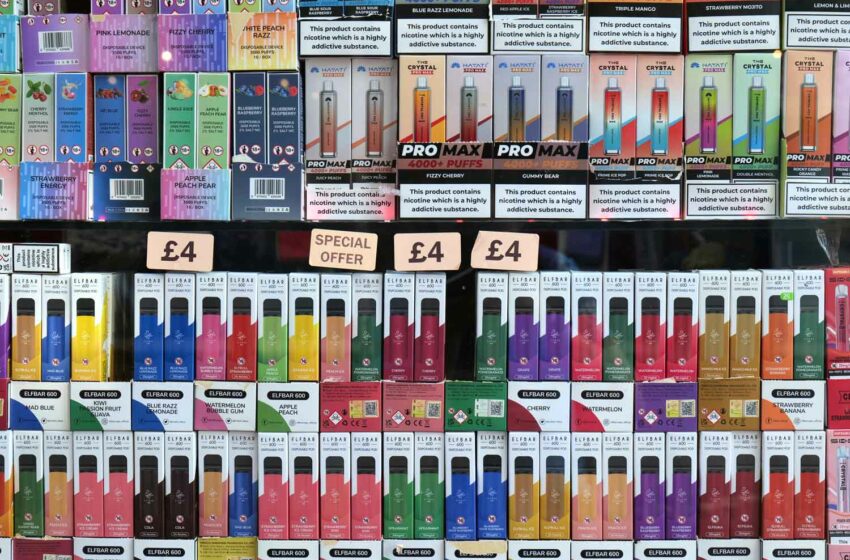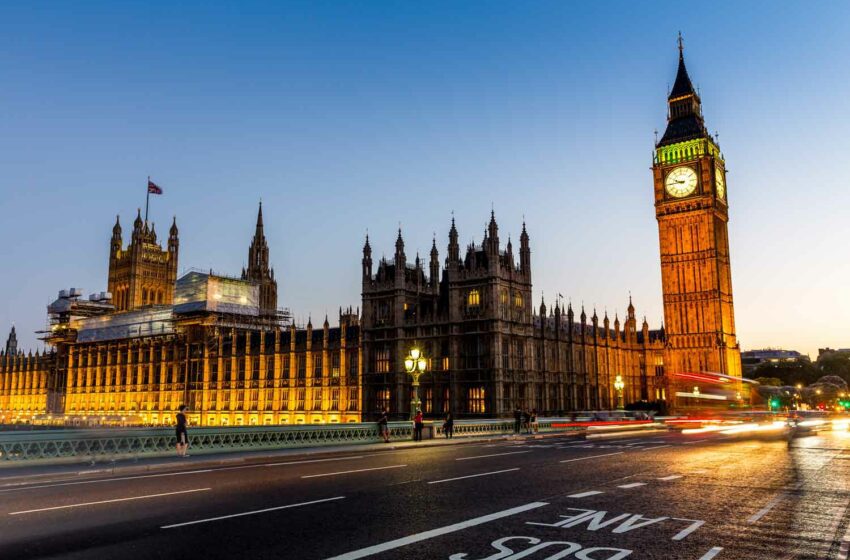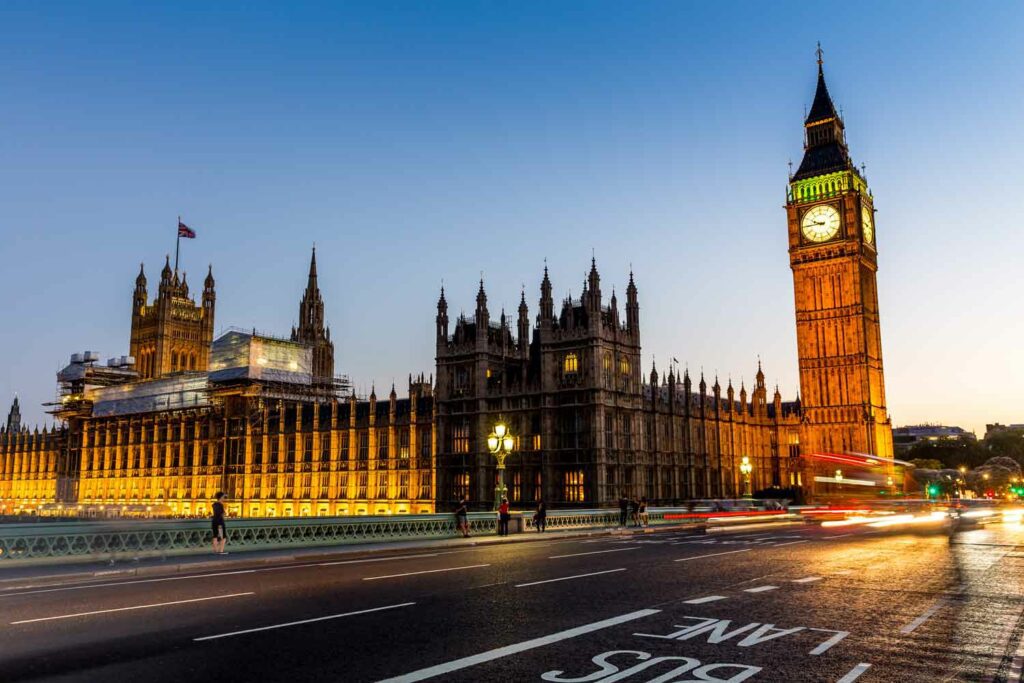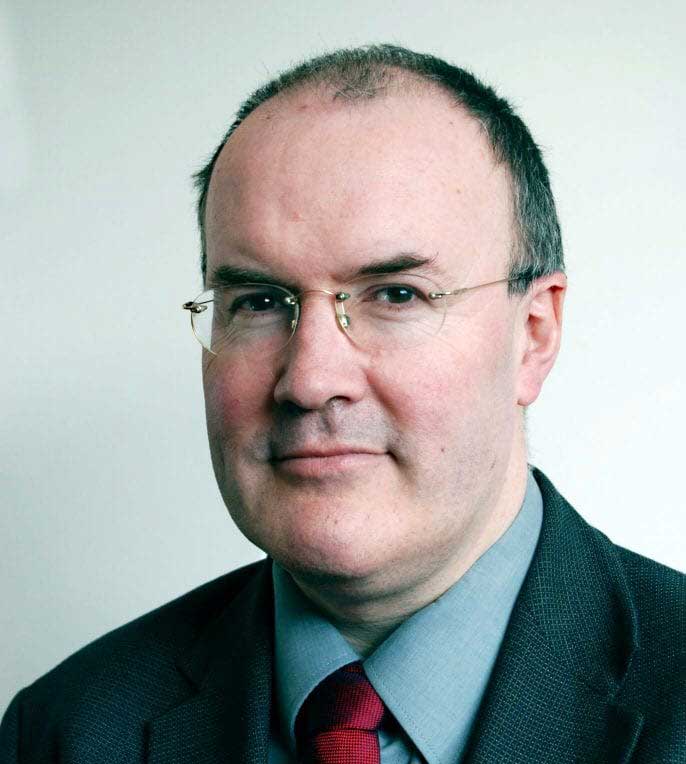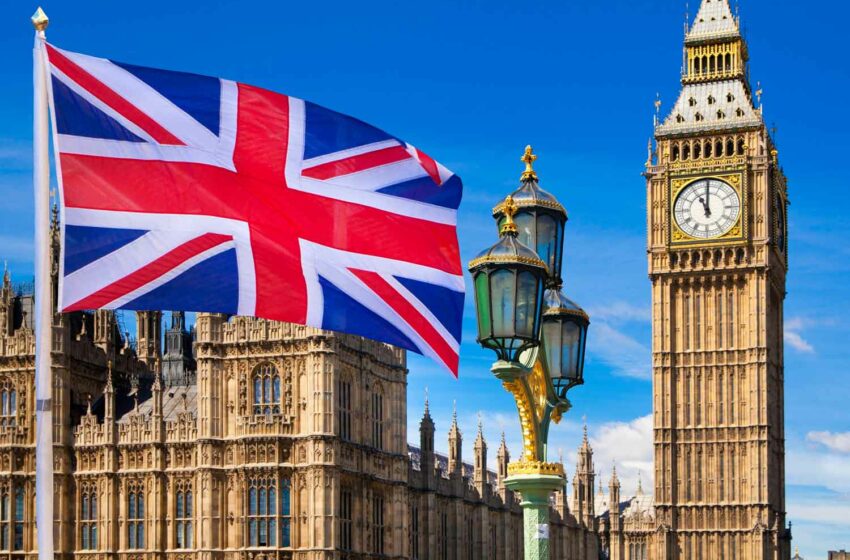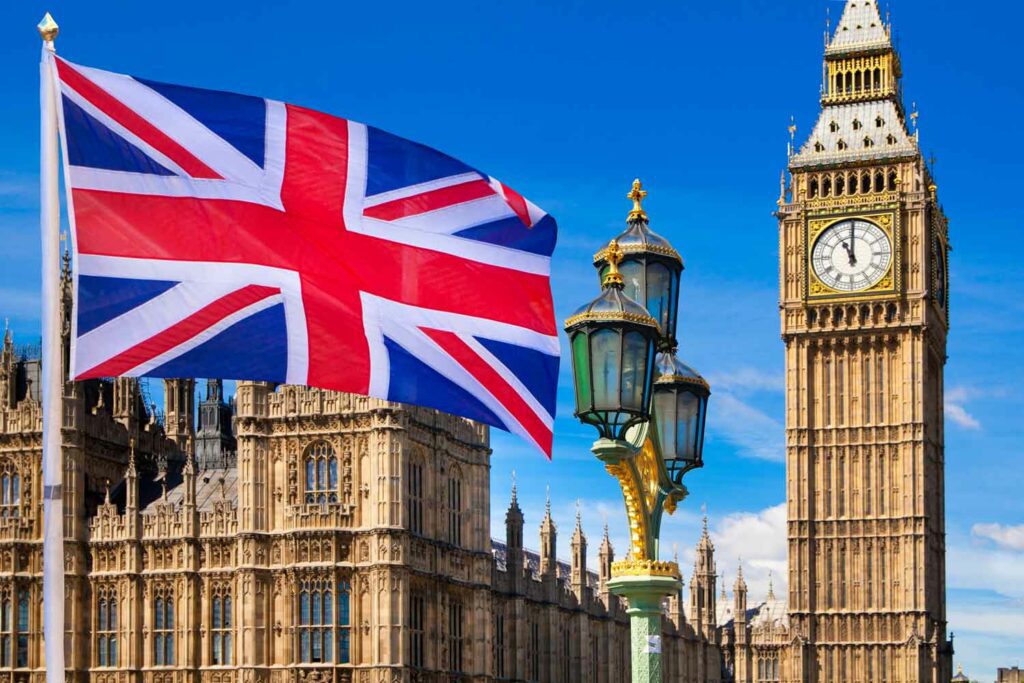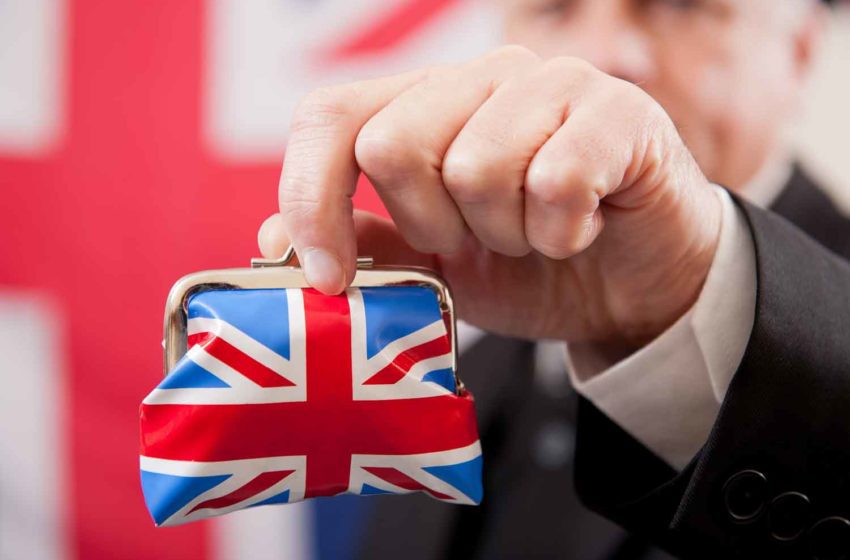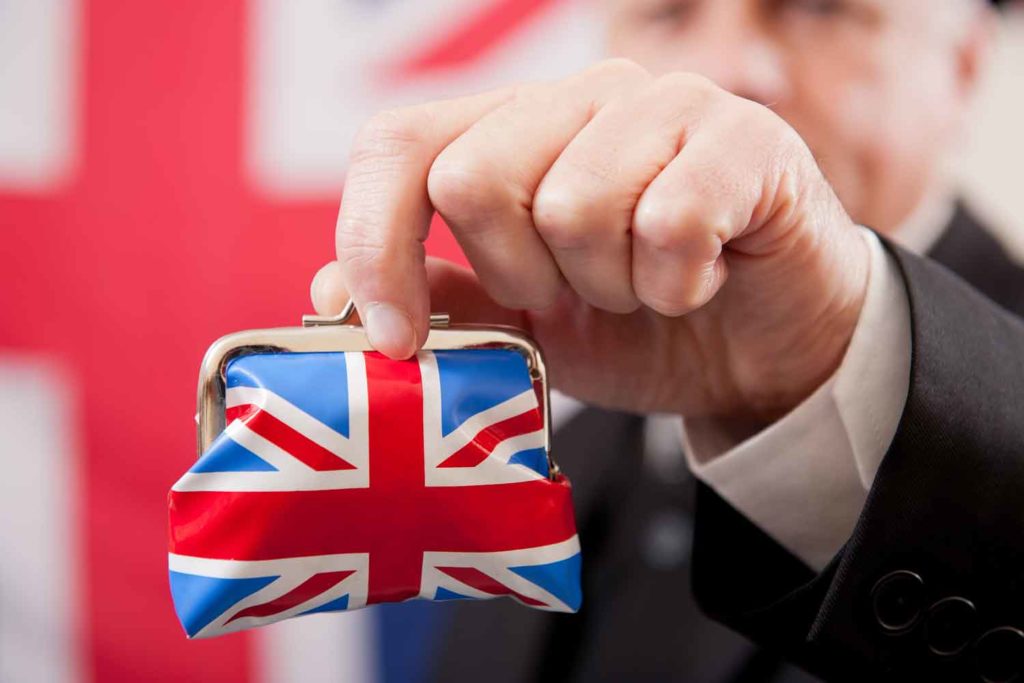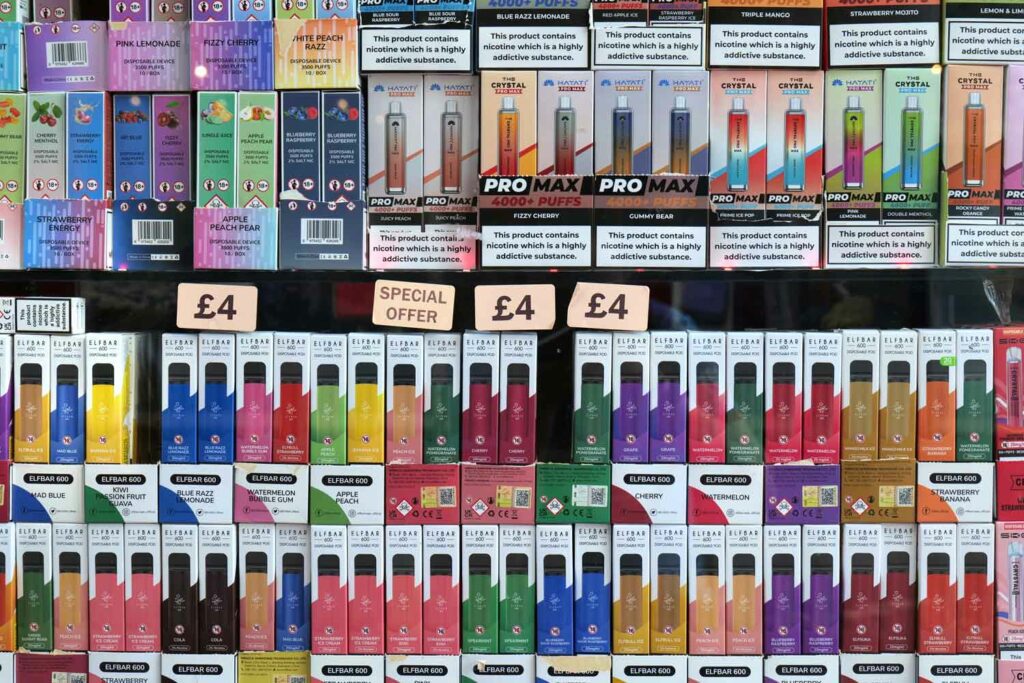
What will the U.K.’s ban on disposable vapes mean for the next-generation nicotine industry?
By Paul Hardman
Prime Minister Rishi Sunak recently announced that the U.K. government would ban disposable vapes as part of its plan to tackle the rise in youth vaping. The new measures come as the government responds to a recent consultation on smoking and vaping, which, it says, indicated “overwhelming support” for a ban on disposables. What does this decision mean for the next-generation nicotine industry? And what may come next?
As well as banning disposable vapes, the U.K. government will implement new powers to restrict vape flavors, introduce plain packaging and change how vapes are displayed. As part of the measures, the government is introducing new fines for shops in England and Wales that sell vapes illegally to children, with Trading Standards officers able to hand out fines on the spot on top of the up to £2,500 ($3,155.58) fines that local authorities can already issue.
The government may use powers already established under the Environmental Protection Act to enforce the ban, which is expected to come into force at the end of 2024 or early 2025.
Tackling Youth Access
Back in 2019, the U.K. government launched its Smoke-Free 2030 ambition, which seeks to reduce tobacco smoking prevalence to below 5 percent by the end of the decade. Alternative methods of accessing nicotine, including vapes, are critical to achieving this smoke-free vision. However, the government’s position on vaping has come under increased scrutiny, partly because of a recorded growth in youth uptake.
According to an ASH survey, titled “Use of e-cigarettes (vapes) among young people in Britain,” in March/April 2023, the proportion of children experimenting with vaping had grown by 50 percent year-on-year, from one in 13 to one in nine. In 2023, 20.5 percent of children had tried vaping, up from 15.8 percent in 2022 and 13.9 percent in 2020. Popular flavors among respondents included fruit (60 percent) followed by sweet or soft drinks (25 percent).
The government reports that disposable vapes have been “a driving force behind the alarming rise in youth vaping, with the proportion of 11[-year-old] to 17-year-old vapers using disposables increasing almost ninefold in the last two years.” Some may feel that this trend has been driven by their convenience—they can be purchased, used immediately and discarded. It could also be due to their affordable prices, bright colors and flavor appeal. However, this convenience is important for offering smokers a safer, accessible alternative to combustible cigarettes. Therefore, a balance must be struck.
On the other hand, pod-based systems are generally less convenient as these often require charging before use. Typically, pod-based systems carry a higher price tag for the whole system than a disposable product, and investment into a certain type of system is therefore required. Once the device has been selected, the user is tied to a particular range of pods. A consumer opting for the more expensive tank-type e-cigarette will need to navigate changing coils and different e-liquid types and strengths, making these more complex than using a disposable vape.
In our experience, disposable products also tend to contain the highest allowed concentration of nicotine, 20 mg per milliliter, in the form of nicotine salts, which have been shown to be absorbed more rapidly than nicotine freebase and may result in greater nicotine dependence than products with slower uptake.
The report also references the environmental impact, mentioning that 5 million disposables are discarded each week, the equivalent to the lithium batteries of 5,000 electric vehicles. These are stark figures and put the environmental impact into context.
The Impact of the Measures
Though the measures are specifically designed to tackle youth vaping, there will naturally be an impact on the industry as a whole. We may see surging youth popularity for modern oral nicotine pouches, new product categories emerging or a trend toward heated tobacco. It is important that these products do not follow the same path as disposable vapes in terms of youth appeal so that their access can be retained for adult smokers wishing to quit combustible cigarettes. This means robust regulation, regulatory enforcement and responsible behavior from manufacturers and retailers.
Manufacturers of disposable vapes will now be looking for ways to engineer their products so that they can remain on the market. The technology used in disposable vapes is not necessarily disposable; the batteries are capable of many charge cycles, and it would not be difficult to engineer replaceable tanks. It may be that disposables manufacturers switch to reusable systems, such as pod-type vapes, and keep the look and taste as similar as possible to current products. The “new powers to restrict vape flavors” may be important in ensuring these amended devices are not as appealing to children.
The government will need to set out a legal definition of disposable vapes and clarify how the ban and restrictions will be implemented. For instance, at this stage, it is unknown whether there will be any additional requirements regarding the notification process and whether manufacturers must submit additional product information to remain compliant with the Tobacco and Related Products Regulations 2016 (TRPR).
Unless more detail is provided in the legislation, loopholes could appear that manufacturers and retailers might seek to exploit. For example, it is illegal to sell vapes to under-18-year-olds in the U.K., but retailers could still give out disposables to children as free samples. Following recommendations by the Khan review, in April 2023, the government announced that it would be closing this loophole.
There are concerns among U.K. ministers that some manufacturers may adapt their disposable vapes to circumvent the ban. According to The Guardian, ministers are “eliminating ruses such as attaching charging points to them [disposable vapes].” Interestingly, when asked about manufacturers adding USB charging points to unrefillable vapes to avoid the ban, Health Secretary Victoria Atkins commented: “That’s incredibly cynical [to ask], and it shows, if you like, the battle that the government is prepared to take on.”
There are also concerns that on-the-spot fines will not be sufficiently high to prevent unscrupulous retailers from selling to under-18-year-olds. After all, it is currently illegal to sell any e-cigarette to youth, but the problem prevails. With £30 million announced to fund HM Revenue and Customs, Border Force and Trading Standards, it will be interesting to see if the amount is sufficient to tackle the issue of illegally imported and sold products.
It will also be interesting to see if any further measures are introduced for products popular with young people, perhaps to target reusable vapes that are specifically designed to look like something else a child might have on their person, such as a highlighter pen or mascara.
Nicotine Pouches as “Vaping Alternatives”
The government mentions that “Vaping alternatives—such as nicotine pouches—will also be outlawed for children who are increasingly turning to these highly addictive substitutes.” While introducing an age restriction is a sensible move, we will have to wait to see what additional regulations will follow for nicotine pouches. For example, whether there will be a cap on nicotine strength and a sensible approach to flavors/graphics and advertising—the sorts of restrictions that ought to be in place for all consumer nicotine products may help reduce youth appeal.
It is important that nicotine pouches do not fall into the same traps as disposable vapes did. These products can be considered one of the lowest risk consumer nicotine products available, and their access must be maintained to aid adult smokers working to quit or reduce smoking.
Where Manufacturers Can Go from Here
In a letter to the Prime Minister, the U.K. Vaping Industry Association expressed its “profound dismay and disappointment” with the decision to proceed with a disposable vape ban. According to the letter, “This decision jeopardizes the significant progress made in reducing smoking rates in the U.K. and poses a threat to the well-being of millions of adults who have successfully quit smoking with the help of vaping.”
However, it’s possible that a disposable ban could leave a gap in the market for tobacco harm reduction products that are not youth-appealing but appeal to smokers and are sufficiently effective in their nicotine delivery and taste to substitute traditional combustible cigarettes. Of course, all new consumer products will need to comply with the TRPR as well as the new measures that ban disposables, standardize packaging and restrict flavors.
The Medicinal Pathway
As the consumer nicotine market faces greater restrictions, we may see a growing number of manufacturers working to get their vapes approved as medicinal products in the U.K. As part of the U.K. government’s vision for a smoke-free future, the Medicines and Healthcare products Regulatory Agency is actively looking to approve e-cigarettes as nicotine-replacement therapies. If licensed as a medicinal product, e-cigarettes do not need to comply with the TRPR limits, such as the 20 mg per milliliter limit on nicotine concentration. The medicinal product route also makes products exempt from the new measures simply because they are not consumer nicotine products. However, the various requirements around marketing and advertising of medicines would apply instead.
By following the Marketing Authorization Application (MAA) approval pathway, manufacturers can bring flavored, higher concentration nicotine e-cigarettes to U.K. smokers but with a more controlled marketing infrastructure that limits youth access. For instance, products that receive a marketing order under a General Sales license are subject to the same sales restrictions as over-the-counter pharmaceutical products like paracetamol, preventing minors from buying them.
The medicinal product route gives smokers wishing to quit the confidence that the product has been developed, manufactured and tested to strict medicinal standards. With the ability to use higher concentrations of nicotine, there is the potential to make a product more effective in terms of nicotine delivery compared to consumer products.
Early in an MAA application, manufacturers can partner with a scientific and regulatory compliance partner to support them through the process, from product design to regulatory approval, to improve their chances of success.
Summary
Backed by “overwhelming support,” the new ban on disposables is not without reason but not an approach Broughton advocates. As observed with other products and also reflected by the vaping industry in the U.S., prohibition is rarely effective and could set a dangerous precedent for the entire category. We agree with the sentiment of the new measures with regard to youth access but believe more detail is needed to prevent exploitation and to reassure manufacturers on how they can remain compliant with the TRPR and other relevant standards. Meanwhile, a blanket ban on disposables could spur innovation and the development of new medicinal products but only if manufacturers can access the right support.
Broughton is modifying its compliance framework as new regulations develop to ensure that its nicotine consulting service complies with the latest guidance. To find out how this framework can support you, visit the Broughton website, www.broughton-group.com.


